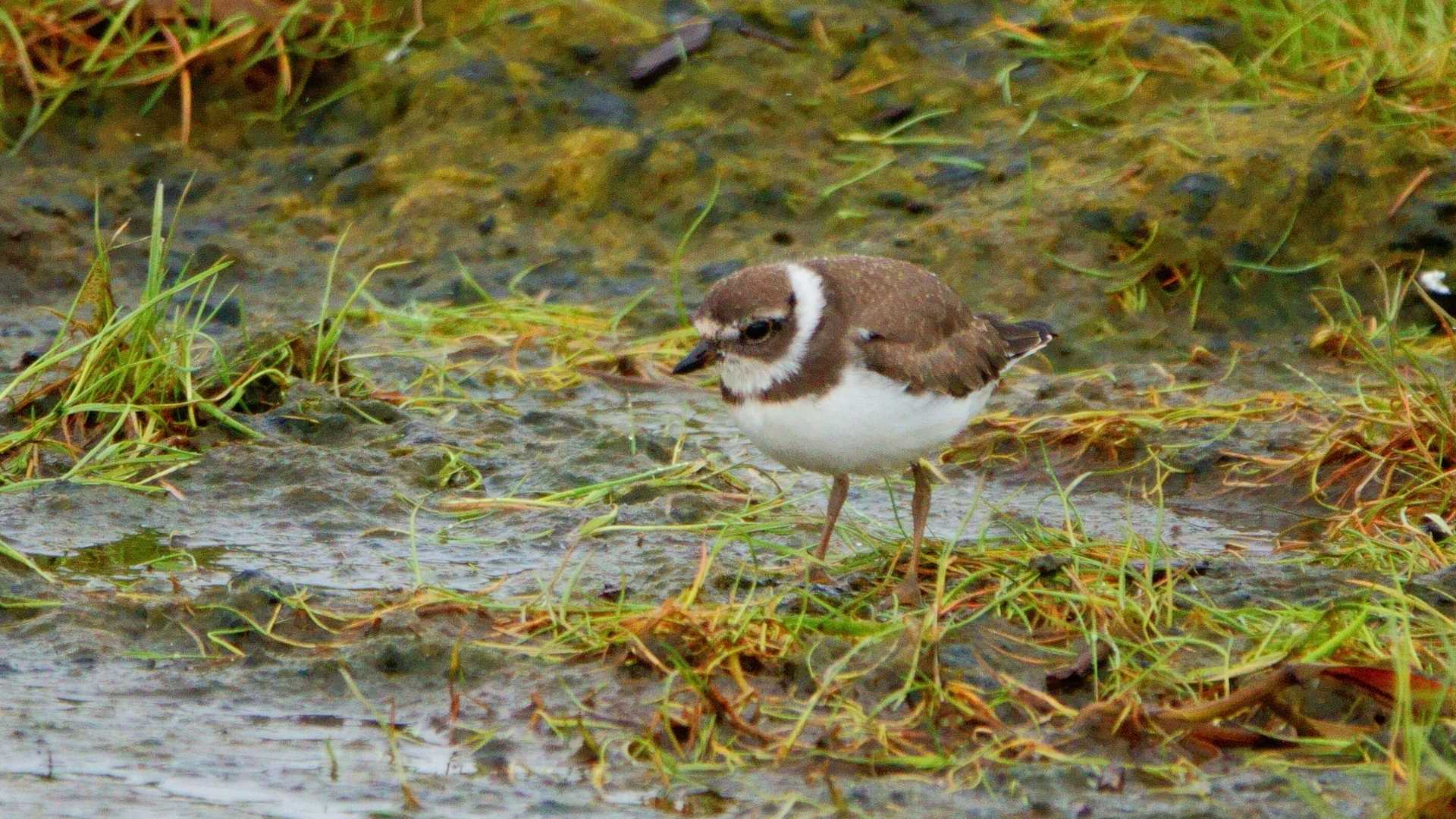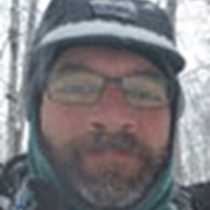Herschel Island lies just over three miles off the shore of mainland Yukon Territory and is a living vestige of the ice age as it’s comprised of solid ice and gravel deposited from Pleistocene glacial activity. From a human perspective, its significance began over 1,000 years ago when Thule cultures settled here during their lightning-quick migration ending in Greenland. More contemporary human history includes whaling activity in the late 19th century and then ultimately serving as a Hudson Bay Company and Canadian Royal Police outpost. Herschel Island is currently in consideration as an UNESCO World Heritage Site for it’s cultural, historical, and natural significance.
This wild and historically rich frozen island would serve as a last point of landfall for our transit of the fabled Northwest Passage. The conditions were in full force expedition mode for our visit, with winds sustained at 35 knots. Our expedition team and hardy guests setout out to explore this wonder of the north. Many of our shipmates hiked in the lush tundra with local researchers, learning about the impacts of climate change, while other guests enjoyed learning about the history found here.







